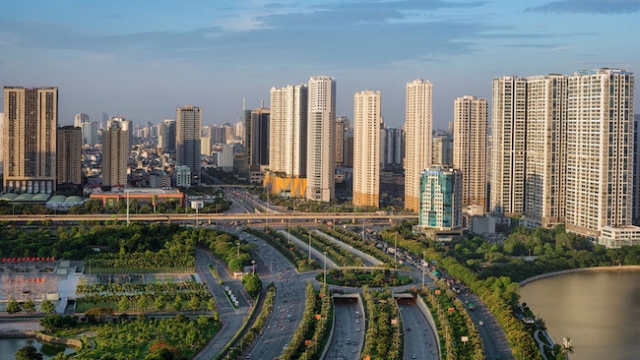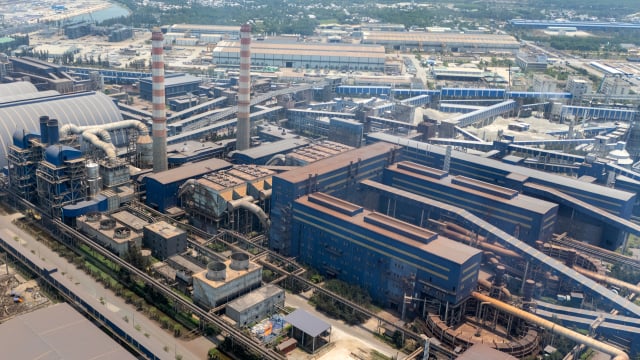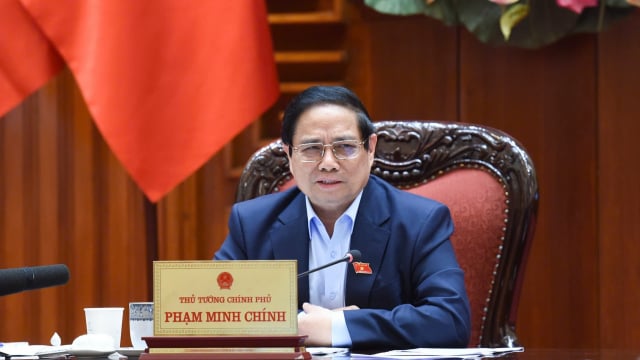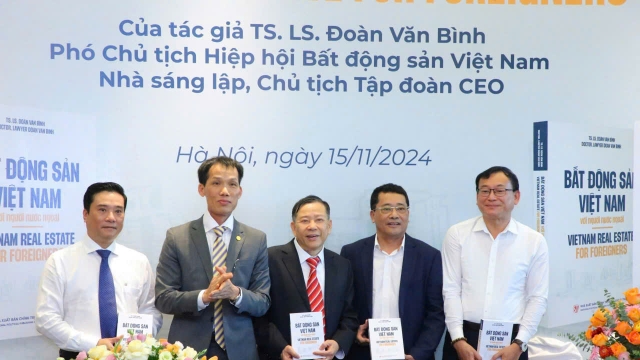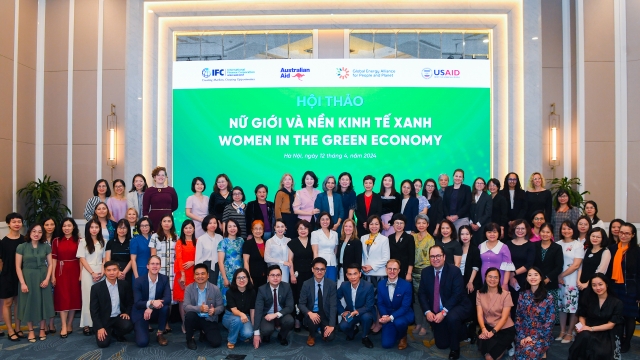National Focus
Finnish innovator kicks off Vietnam strategy
Signing an agreement with Trung Hieu Investment and Development Corporation for the production of low-carbon, circular economy concrete products using the Geoprime solution is Betolar’s next step to commence its plan in the Asia Pacific region.

The Finnish company provides Trung Hieu with a cement alternative, Geoprime, that supports the transition to green buildings and infrastructure.
Juha Pinomaa, Betolar’s head of Asia says that various industries are discharging billions of tons of harmful industrial by-products such as coal ash, waste, and slag which are eventually discharged into the environment.
Geoprime solution is created for the production of durable, sustainable, and low-carbon concrete by utilizing industrial side streams as an alternative for cement. Betolar thus enables the green transition of different industries and makes concrete sustainable building material.
With the factory located in the Dong Nai province, Trung Hieu is serving the fast-growing Ho Chi Minh City construction market. The Vietnamese company is a manufacturer of construction blocks and paving stones, with the production capacity of manufacturing 100 million blocks (120,000 tons) per year.
Trung Hieu benefits from Betolar's continuous product development, expert services, and data support in the manufacture of the products. It also has the right to use the Geoprime trademark in its products manufactured in accordance with the concept.
“It is important for us to be able to offer low-carbon concrete as the demand for sustainable concrete products is growing rapidly. We will collaborate with Betolar to move our manufacturing fully to low-carbon concrete products during 2023,” says Luyen Nguyen, Trung Hieu CEO.
Vietnam is taking an active approach to finding ways to reduce greenhouse gas emissions and the usage of agricultural soil for construction material production while responding to the needs of rapid urbanization and population growth.
The Vietnamese government is driving a shift from traditional red bricks to cement-based concrete blocks that are produced without heat, aiming to shift 40 - 45 per cent of the total annual production of 26 billion construction bricks to concrete bricks by 2030.
Trung Hieu is one of the pioneering companies in Vietnam in the field of production of concrete blocks. The geopolymer technology from Betolar enables manufacturing with up to 80 per cent less CO2 emissions on raw materials and the ability to use local industrial side streams.
The agreement is Betolar's first in the Vietnamese market, following deals made in Indonesia.
“Vietnam is the world’s third-largest cement producer and fourth-largest cement consumer, with 85 million tons consumed annually. We estimate that the Vietnamese market represents a significant commercial opportunity for us in the coming years, as there is a huge potential for cement replacement,” says Pinomaa.
In its plan in APEC, Betolar will test the attractiveness of the Geoprime® market, establishing initial reference customers in three key countries including Vietnam, India, and Indonesia from 2020 to 2023. From 2024, the company will penetrate other key markets.
UNDP’s recommendations for Vietnam to drive forward a circular economy
Resolution 68: A turning point in Vietnam's private sector policy
As Vietnam sets its sights on becoming a high-income country by 2045, Resolution 68 lays a crucial foundation. But turning vision into reality requires not only good policy - but also unwavering execution, mutual trust and national unity.
Vietnam plans upgrade of Gia Binh airport to dual-use international hub
Vietnam plans to upgrade Gia Binh Airport in Bac Ninh province into a dual-use international airport to support both military and civilian operations, the government said on Friday.
Lives under the scorching sun: Outdoor workers racing against climate change
Under unforgiving conditions, the outdoor workers - the backbone of urban economies - endure the harshest impacts of climate change while remaining overlooked by social safety nets. Their resilience and struggles highlight the urgent need for better protection in the face of rising temperatures and precarious livelihoods.
CEO Group chairman unveils guide to Vietnam real estate for foreigners
Doan Van Binh, Chairman of CEO Group and Vice President of the Vietnam National Real Estate Association, introduced his latest book, “Vietnam Real Estate for Foreigners,” at a launch event in Hanoi on Friday.
Women leading the charge in Vietnam's green transition
Acting for increased women’s participation and leadership in climate action, Vietnam can accelerate a transition that is more inclusive, just, and impactful.
Steam for girls: A journey of passionate and creative girls
The "Steam for girls 2024" competition provides a creative platform for Steam and an opportunity for students to connect with peers from various regions within Vietnam and internationally.















